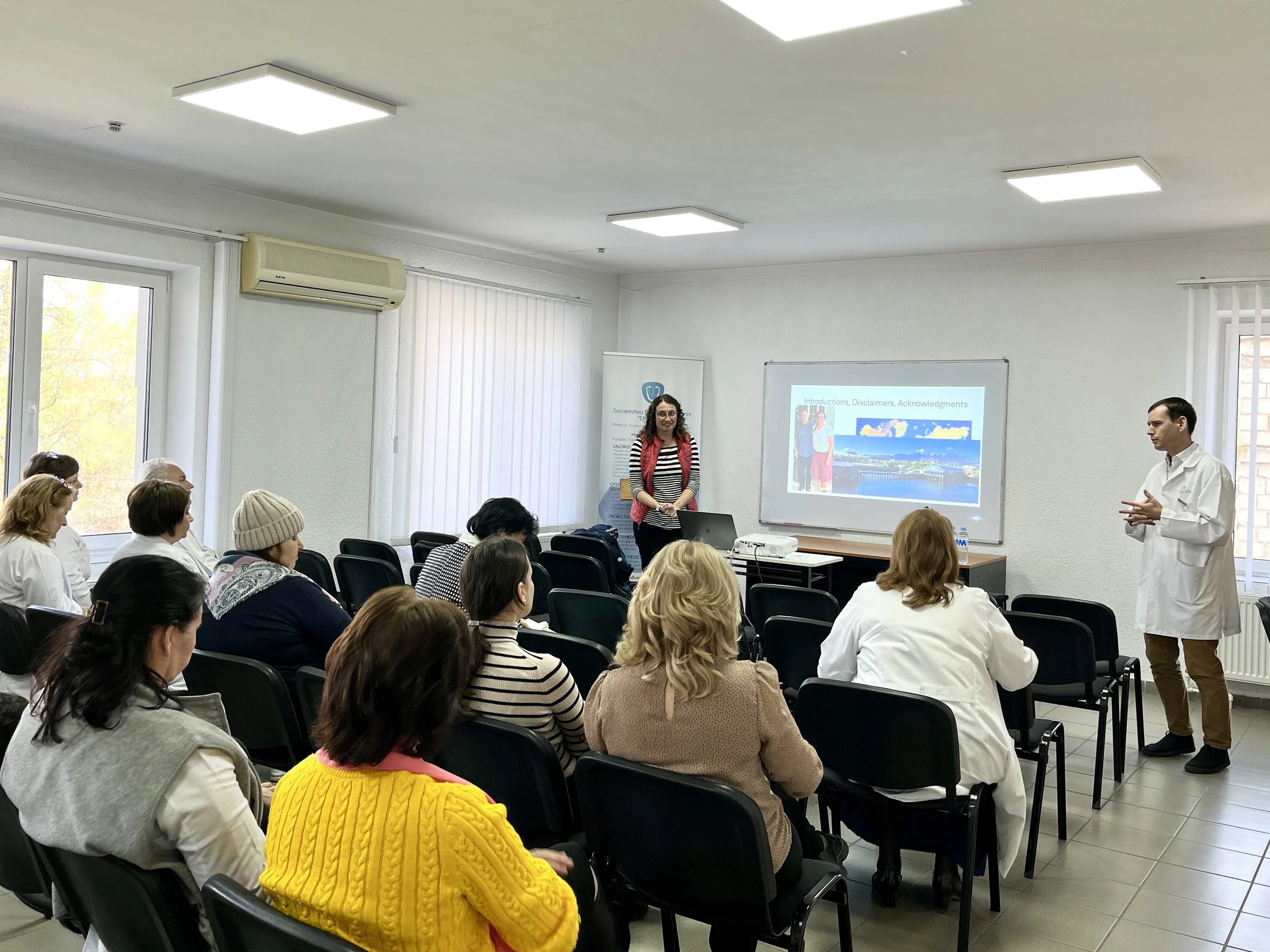Learning About Health Systems Through Teaching
Collaboration with the Nicolae Testemițanu State University of Medicine and Pharmacy medical students, residents and family medicine department brought bilateral high-yield learning
I recently returned from a volunteer medical teaching trip with the organization Medical Education International. MEI is an organization which provides academic teaching and clinical training by invitation to developing nations. My short twelve-day introduction to the country of Moldova was thoroughly enjoying as I collaborated with faculty in the family medicine residency program, residents, medical students, and community doctors. I was energized by the opportunity to share about topics about which I feel passionate like value-based care, health outcomes, and process improvement. I also found camaraderie in sharing in our struggles in healthcare despite being a hemisphere and ten time zones apart. I found so much to learn even while teaching. When we compare our healthcare systems, it helps broaden our perspective of what is possible and also helps us see differently the things that seem so frustrating.
As I was sharing about improvement science, we did an activity where we tried to come up with examples of waste in our healthcare systems. One example given by one of the faculty pertained to their electronic medical record system, which is in its early stages compared to the US system. Due to its poor reliability, it currently requires double entry of all paper and computer medical records, leading to at least 20min more of documentation time per patient. Interoperability between specialty, primary care and hospitals is also an issue. I could recall the early EMR days here in the US when such frustrations (though they still exist in the US) were far more prevalent.
I also had the opportunity to discuss rural health desparities with several different physicians, and then view the rural life first hand by doing home visits with a clinic that is uniquely providing home health to the homebound and disabled. In America, I would see patients at times, but in rural Moldova it felt like every patient was in a desperate situation. Over half the population of Moldova could be considered rural. Rural heath disparities and social influences of health are severe; not only are access to primary care, imaging, and specialists are in severe shortage but many patients have no phone or internet, no access to running water, poverty, lack of food, and lack of transportation. I could certainly relate to these issues given my physician experience in rural America.
Most of the homes in the rural areas I saw were in severe disrepair
Back in the classroom, I gave a lectures to medical students and residents on various topics, including medical errors. My style of lecture is to make it interactive, putting questions back on the audience to help them start applying the information immediately in their context. It gave me the opportunity to see again that despite our cultural differences, there is a universal human desire to be valued, to have autonomy, and have trust with one’s physician. The medical students were from a variety of countries, but primarily from India. Some students shared that violence against physicians in India is not uncommon, particularly when there is a perceived error. Holding up their mobile phones, I watched a video of a doctor being beaten. It made me wonder - how did this become acceptable? I asked them what they thought needed to be done. Their answer was that the government needed to create laws to provide protections. Learning of these challenges made me thankful for the processes in place in America, as imperfect as they are. Emphasizing humility, just culture, and team communication, I ended the discussion encouraging them to be the future for change as physicians to reform their health systems and be a voice in their government. I later found this interesting article https://www.thinkglobalhealth.org/article/whats-driving-violence-against-health-workers-india with commentary on the issue. Later, I asked my Moldovan family medicine colleagues about the state of malpractice in the Moldovan system which sounded quite punitive; the significant differences in protections for physicians has downstream effects on their recruitment to medicine and workforce.
With the third year international medical students
Giving a seminar on an introduction to value-based care to community physicians at Centru Medical Crestin “Emanuel”
Discussing the topic of medical errors with family medicine residents
There were many other interesting aspects as we compared medical systems. From everything to residency length/hours, scope of practice, panel sizes, and training pathways, I was enlightened and invigorated through our discussions. Particularly when you must use an interpreter for your conversation and lectures, you are forced to distill the important information, consolidating it further in your own mind. I’ve always enjoyed travel and adventures, and particularly see volunteer work as an excellent vehicle for learning the inside of a new culture. I’m adding teaching to that list as well!





